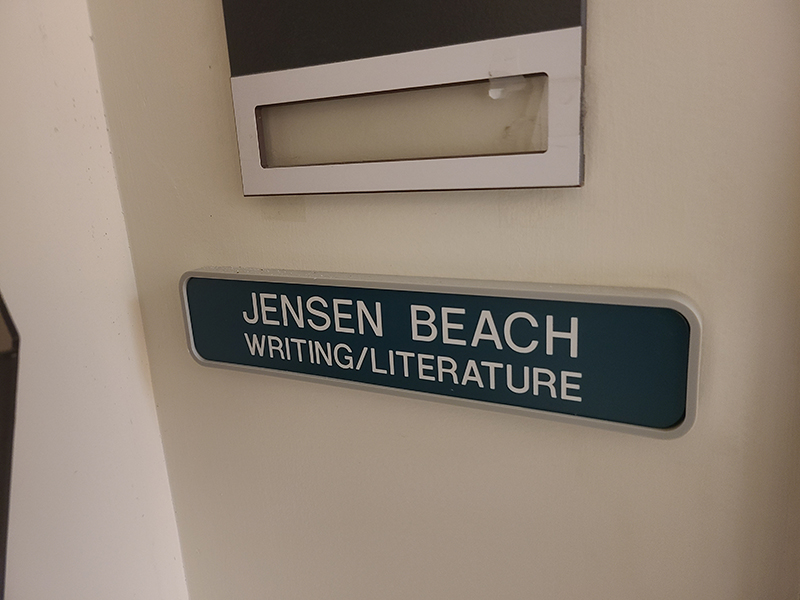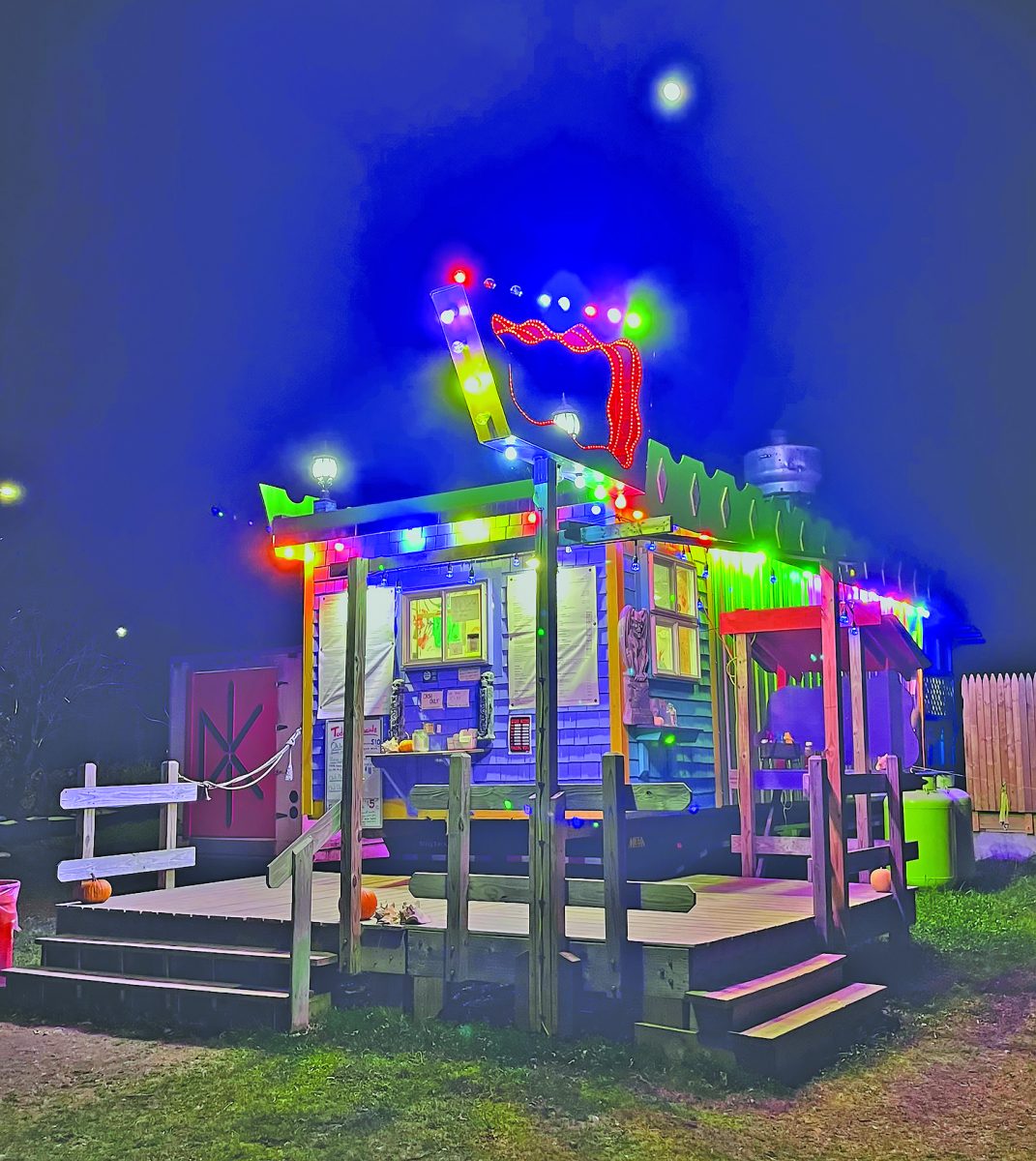Professor of Humanities William (Bill) Doyle, has served as a Vermont state senator for Washington County since 1969 and has taught a wide array of political science, government, and history courses at JSC for 54 years. He graduated from Princeton University and went on to get his Ed.D from Columbia University. Doyle’s long list of accomplishments include the Town Meeting Day survey (coined the Doyle Survey) which is now in its 44th year, publication of two books, a weekly column for The World newspaper, and production of weekly public access programs as well as serving on the Public Access board. Doyle is a Republican whose legislative goals include creating more job opportunities, improving our roads and bridges, supporting alternative forms of energy, affordable health care, and improving our cellphone and broadband coverage. “I am determined, as a senator, to work with other people to give some visibility to political science,” says Doyle.
What sparked your interest in politics?
I must say that I had a remarkable family. I had a remarkable mother who was involved in the presidential campaign many years ago, and at the age of 14 I helped her fly by airplane over the state of New Jersey and we dropped pamphlets at about 14 different places over the state. Also, I went to a high school whose standards weren’t quite up to getting into a college, so she said I could go to Lawrenceville. I had to struggle to meet their standards, even though I had A’s in high school. That was a big turning point in my life. My father was mayor for 30 years, and I campaigned with him door to door, so I had a family that was very active politically, and obviously that rubbed off on me. I remember when I was 14, there was a convention where they had ballots until 1 o’clock in the morning and I stayed up just to listen to the results. I was always curious about politics. I always waited for my father to come home, he worked in New York, and he brought home the newspaper. At first I just read the sports but eventually I started reading the whole thing and that has been a big part of my life.
What do you enjoy best about teaching at JSC?
I’ve taught here since 1958. First of all, this is a remarkable state. I like Vermont and Vermonters. Also, 62 of my students have run for office or the Legislature and 31 of them have won. In the Senate now is Anthony Pollina, from Washington County, Don Collins from Franklin County, and Richard Westman from Lamoille County. All of whom were students of mine. I think seeing the students develop in the classroom to the legislature is very rewarding. This year I also have five students working on campaigns of various state-wide officials.
What is the oddest thing you have seen in the Senate?
When I came to the senate it was 23 Republicans and 7 Democrats. Now it’s 8 Republicans and 22 Democrats, so there has been a major political change. There has also been a growing emphasis on environmental health and food issues.
Why did you begin the Doyle Survey?
I wanted to bring the voices of the people of Vermont to the State House, so they can be heard. It’s a great way to communicate. I came in under Gov. Dean Davis and he initiated the first sales tax. I was unclear myself how to vote on it, so I said I would poll the people whom I represent. So I asked if the state had to raise money, would you prefer a sales tax or an income tax. When the answers came back about 60 percent said sales tax. Furthermore, the income tax was already too high, and if you don’t buy an item, you don’t pay a sales tax. It’s a decision made by the individual. So based upon what the constituents said, I voted for the sales tax. I said [these polls are] really a great way to communicate with Vermonters. So, I said, “I’m going to go state wide,” and I’ve done [these polls] ever since. It makes me a more informed legislator and it helps inform other legislators, because the nice thing about this is I give them to a number of legislators and they take [the surveys] to their community, into their meeting and say, “I’d like to have your opinion.” So, it’s a nice thing for them to say, “I’m here to help.”
How are the questions for the survey decided upon?
They can’t be questions that have already been spoken about in the General Assembly. I go around to different committee chairmen and ask what is important to each one. I also read newspapers and you can tell what’s hot. I also see people at meetings and around the county, and they’ll tell me or they will call me. I get [questions] from a variety of places.
Is it hard to balance your time between the Senate and being a professor?
Not really because it’s not like I’m a chemistry teacher with labs. We talk politics at the State House all day long and then we’re up here doing the same. I think teaching here is consistent because I have a great interest here and a great interest there. My work here reinforces my work down there because I have 72 students, many of whom are freshmen and sophomores, so it’s nice to bring the perspective of young people to Montpelier, and when I serve in Montpelier I can bring the perspective of the Legislature to the classroom.




